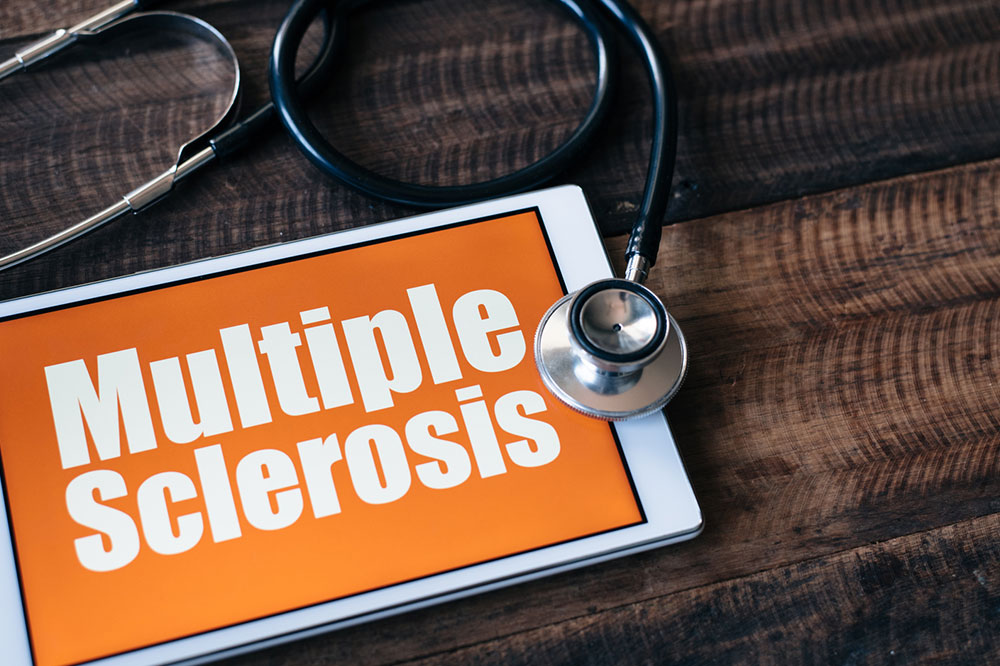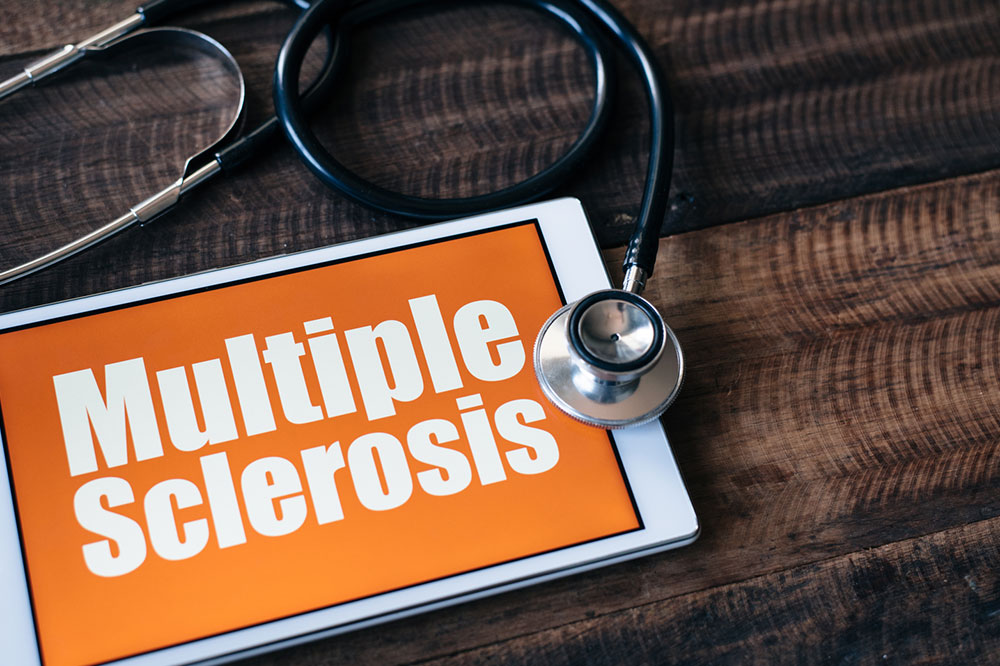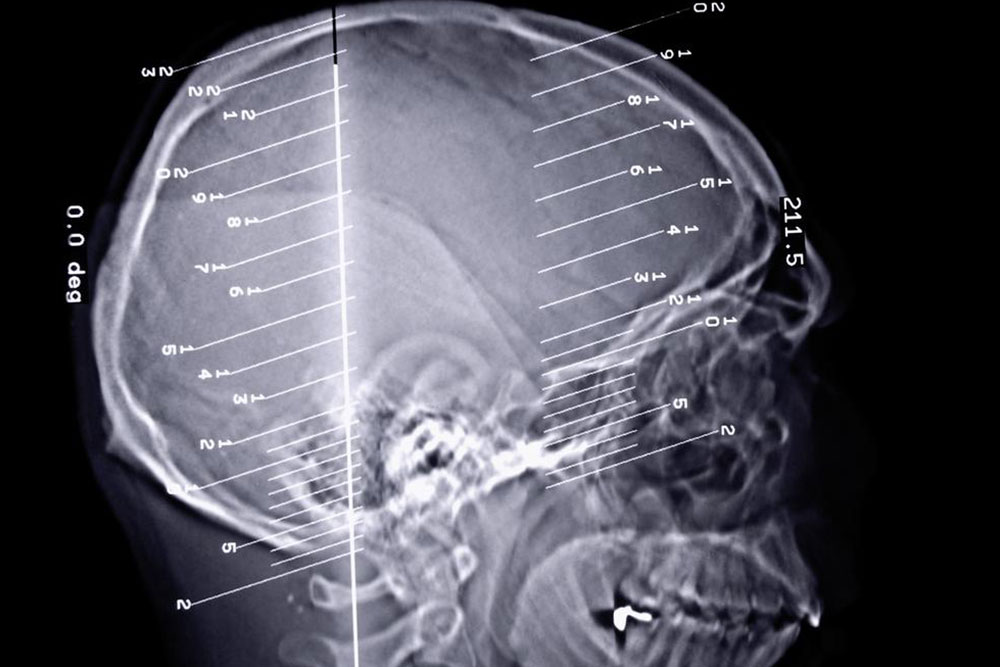Comprehensive Guide to Multiple Sclerosis: Causes, Types, and Management Strategies
Discover essential insights into multiple sclerosis (MS), including its causes, types, symptoms, and management strategies. This comprehensive guide offers practical advice on treatment options and lifestyle adjustments to help those affected by MS improve their quality of life. Understand how diet, therapy, and supportive devices play roles in symptom management and explore ways to maintain overall health while navigating this chronic condition.

Comprehensive Guide to Multiple Sclerosis: Causes, Types, and Management Strategies
Multiple sclerosis (MS) is a long-term, progressive autoimmune disorder where the immune system attacks the central nervous system, damaging the brain and spinal cord. This leads to demyelination, impairing nerve signal transmission. As the condition advances, symptoms such as fatigue, muscle weakness, and coordination issues emerge. The exact cause remains unknown, with theories pointing toward genetic, environmental, and infectious factors. MS is not contagious. Diagnosis is often confirmed via MRI scans revealing inflammation and nerve damage.
There are four main types of MS: relapsing-remitting, secondary-progressive, primary-progressive, and progressive-relapsing. Relapsing-remitting MS features episodes of symptoms that can respond well to therapy, with periods of remission. Secondary-progressive MS follows when remission becomes less complete, advancing to constant progression. Primary-progressive MS involves continuous worsening without remission. Progressive-relapsing MS combines incremental numbness with episodic relapses. Maintaining a balanced diet, rich in probiotics, fiber, and vitamin D sources like mushrooms and shrimp, can help lessen symptom severity. Treatments aim to control immune responses and manage symptoms through medications, rehabilitation, and plasma exchange. Symptoms can be managed by adequate rest, gentle exercise, avoiding junk food, limiting screen time, and using adaptive devices. While the exact cause is unknown, leading a healthy lifestyle with regular activity and balanced nutrition could help reduce the risk of developing MS.










